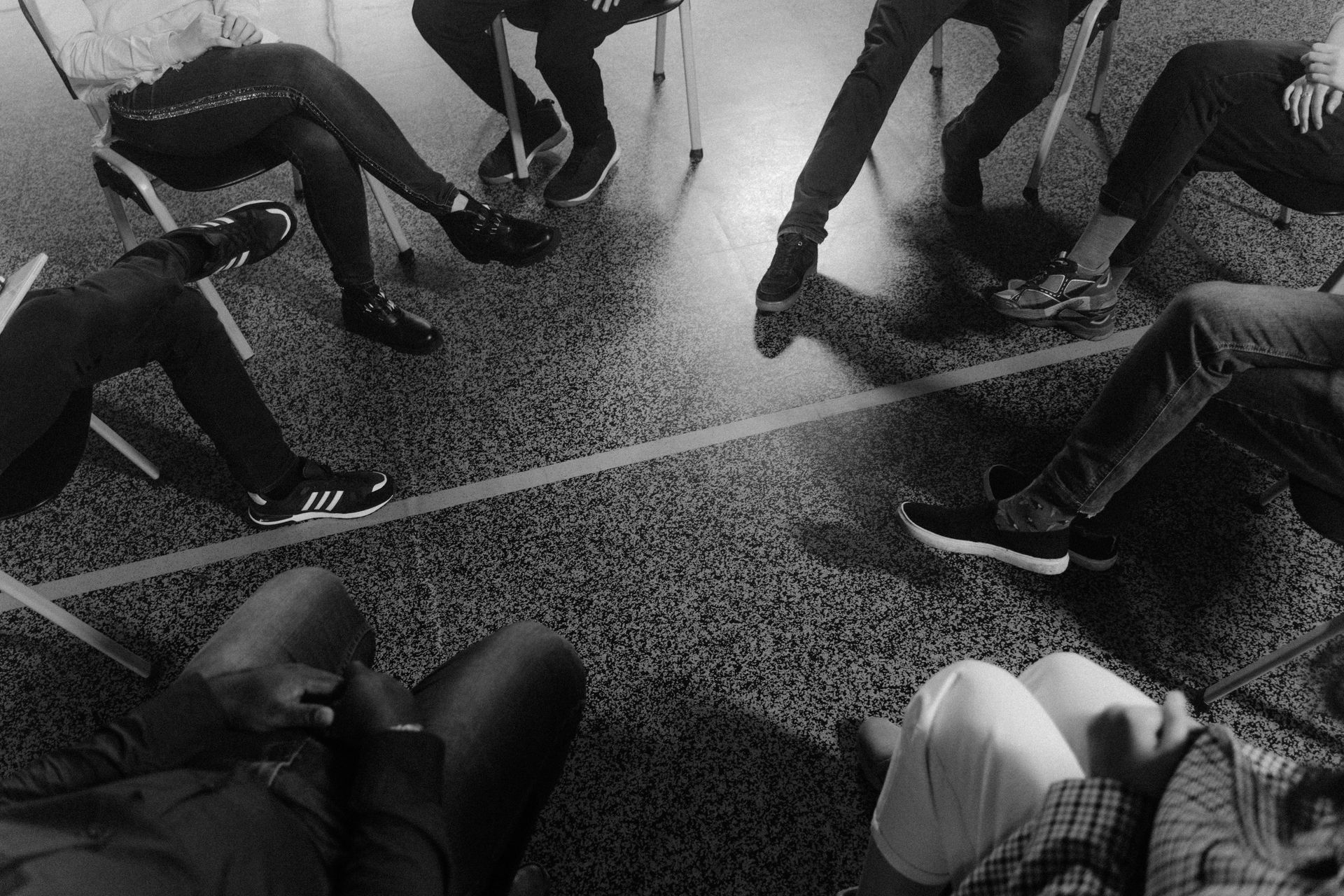Are Failing Grades a Sign of Addiction?

Are Failing Grades a Sign of Addiction?
Many parents start to worry when grades begin to slip.
Some children have a lot of academic success in elementary and middle school, only to have their grades dip in high school. This alarms many parents who want to get to the root of the issue. For many teens, it’s simply a shift in priorities, trouble adjusting to the changes that high school brings, or even hanging out with the wrong crowd. Sometimes, though, it can be a symptom of something worse…
Are Failing Grades a Sign of Addiction?
This is a tricky question to answer, as it can be either “yes” or “no.” Just because your teen has failing grades does not mean they are suffering from addiction. With that said, failing grades are often a sign of addiction.
Before jumping to conclusions, consider some other signs of addiction to look out for to have a more complete picture of whether or not your teen may be suffering from addiction.
Other Signs to Look Out For
Some other signs to look out for include:
· Mood swings
· Withdrawing from relationships and activities
· Poor hygiene
· Staying out late and sneaking out
· Hanging out with a different crowd
· Lethargy
· Lying
If these changes resonate with you, consider having a conversation with your teen about the changes you have noticed recently. Do not attack them, corner them, or accuse them. Instead, simply express your concern and give them the opportunity to open up. They may let you know they are suffering from an issue involving substance use, mental health, or other behavioral health issues. If this is the case, consider reaching out for support.
If your child refuses to open up, you may want to speak with a professional to determine what next steps can and should be taken.
Is Help Available for My Teen?
If you have a teen who is showing signs of addiction, reach out to Front Door Health to learn more about potential treatment services. We’ll discuss your teen’s behavior changes and provide next steps to better determine if your teen is in need of treatment. From there, we can discuss treatment options to meet the needs of your child.
Front Door Health provides concierge, judgment-free in-home treatment for patients when they need it. We take an evidence-based approach to treatment, and we create custom treatment plans for our patients to increase their chances of success. Our treatment process is client-focused and individualized. This means no group sessions with strangers and no “treatment as usual” approach. Your child is unique, and the treatment plan we create for them is designed to meet them where they are along their journey and help them to reach their recovery goals.
We understand that it can be difficult for your teen to put their life on hold and take time off school and other activities. Our in-home treatment allows your child to continue to meet their school, family, and other obligations while receiving the treatment they deserve.
If you would like to learn more about in-home treatment, contact Front Door Health today. We’re happy to answer any questions and provide your child with the help they need.
info@frontdoorhealthcenter.com



